
Prehistory may look like a time of adventure and adrenaline rush. In reality, prehistory is one of the most difficult exercises of reconstruction of the oldest period in the history of humankind.
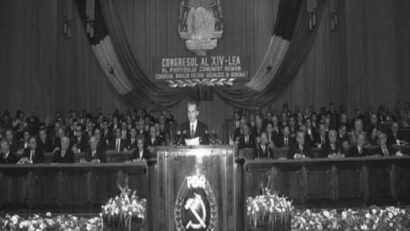
This feature focuses on the Former Romanian Communist Partys 14th Congress.

The Romanian Radio Broadcasting Corporation aired its first signal on 1 November 1928.

Body painting is a practice with magical overtones found in all cultures.
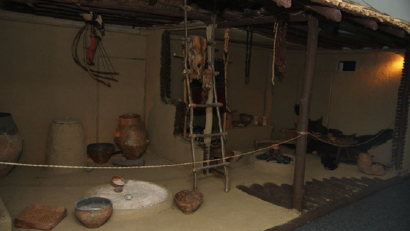
Today's Pro Memoria gives you an insight into Romania's distant past.

A new book published in Bucharest looks at Romanian exiles who collaborated with the communist secret police.
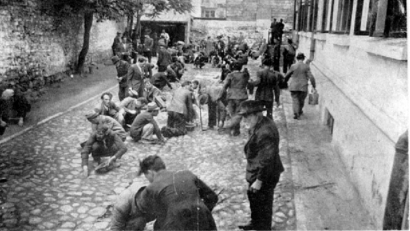
Romania has its own share of responsibility in perpetrating Holocaust crimes.
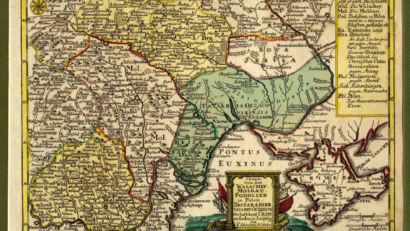
The Romanian medieval state was established in the second half of the 14th century, long after other European states had emerged. Historians say the delay was caused by an unstable political, economic and social context that was highly influenced by migra

A look at the life of Romania's greatest composer during the communist regime.
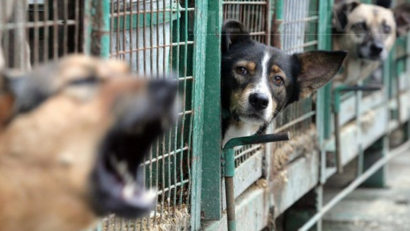
Stray dogs are associated with poor living conditions, disease and unsafe streets.

In today's feature we will be taking a look at the visits of American presidents Richard Nixon and Gerald Ford to Bucharest.
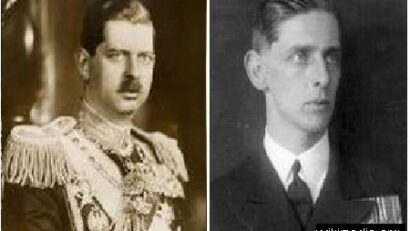
A difficult person, Carol II would eagerly start a conflict even with members of his own family, such as his brother Nicolae.

Francisc Rainer is the first man to teach a university course in anthropology in Romania and a precursor of this field in this country.

The Soviet advisers brought the communist mindset and specific ways to implement it in Central and East European countries.
